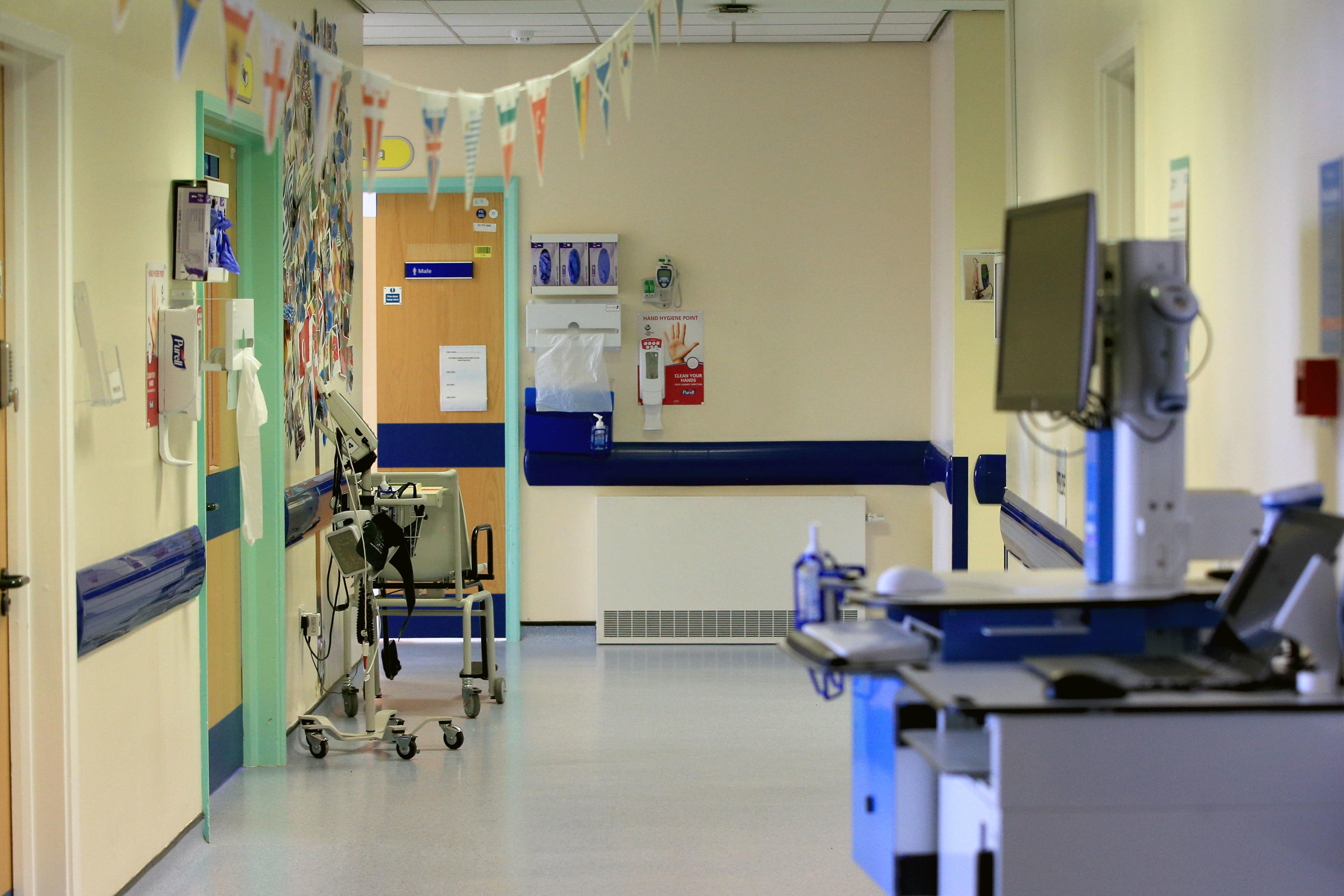BMA chairman condemns ‘terrible way’ whistleblowing is regarded in NHS
Professor Phil Banfield said doctors who raise issues are ‘often met with hostility and risk losing their careers’.

The chairman of the British Medical Association has hit out at the “terrible way” whistleblowing is regarded in the NHS.
Professor Phil Banfield, chairman of British Medical Association (BMA) council, spoke of the “appalling persistence of the terrible way ‘whistleblowing’ is regarded within our NHS” in the Telegraph.
He added that doctors who raise issues are “often met with hostility and risk losing their careers”.
The Telegraph reported it had spoken to 50 doctors and nurses who feel that they have been targeted after raising concerns about the deaths or poor care of patients.
Prof Banfield wrote in the Telegraph: “New data from the BMA show that nearly 60% of the doctors who responded raised concerns about patient safety at their workplace within the past year.
“Fewer than 6% felt their concerns were fully resolved satisfactorily, with the safety issues addressed.
I’ve heard first hand too often from colleagues that enacting this duty is not welcomed by NHS management, with a strong sentiment that NHS trusts and senior managers are more concerned with protecting personal and organisational reputations than they are with protecting patients
“Almost 53% said their concerns had not been resolved or the patient safety issues addressed.
“This is a terrible place to be – that means over 800 doctors have spoken up and said, in some way or another, I am worried. They are saying: ‘Something is risking my patient’s safety.’ The true number is most likely significantly higher.
“The crux of the issue is the appalling persistence of the terrible way ‘whistleblowing’ is regarded within our NHS.”
He added: “Doctors are held to a high standard, and rightly so. The GMC states it is the duty of doctors to ‘take prompt action if patient safety is compromised’.
“So essentially being a whistleblower – someone who reveals information about activity within an organisation that is deemed illegal, immoral, illicit, unsafe or fraudulent – is a required part of our duty as doctors.
“I’ve heard first-hand too often from colleagues that enacting this duty is not welcomed by NHS management, with a strong sentiment that NHS trusts and senior managers are more concerned with protecting personal and organisational reputations than they are with protecting patients.”
Prof Banfield said the NHS “must be an organisation that welcomes being told what is wrong so that it can put it right” and those who run health services must “be accountable for their actions and for the decisions that they make”.
Health Secretary Victoria Atkins told the Telegraph: “Every member of staff in the NHS should feel able to speak up without fear, and it’s essential that any concerns are taken very seriously to improve patient safety.”
Ms Atkins told the newspaper: “We have boosted legal protections for whistleblowers and established Freedom to Speak Up Guardians in healthcare across England, which are now in every NHS trust.
“This is in addition to setting up a confidential Speak Up Direct helpline to help workers feel safe in coming forward. I know there is still more to do, and I am determined to make sure the NHS is a fairer place to work for all.
“This goes hand in hand with ensuring patient safety, which is why we have delivered major initiatives over the last decade to ensure this remains at the forefront of our healthcare system. This includes introducing the first NHS patient safety strategy, appointing the first patient safety commissioner, and announcing our plans to implement Martha’s Rule.”
In a statement given to the Telegraph, an NHS England spokesman said: “It is completely unacceptable for any member of staff to feel silenced or unable to speak up about issues affecting them or patients – not only should everyone working in the NHS feel they can raise concerns but they must know that they will be acted on and that they will be treated fairly – this is vital for ensuring that the NHS learns from mistakes and provides the best possible care for patients.
“Every NHS trust should be adopting the updated national Freedom to Speak Up policy and NHS England has recently asked all local areas to urgently ensure staff have easy access to information on how they can raise concerns, including through having a dedicated Freedom to Speak Up Guardian in place.
“Where people are disadvantaged as a result of speaking up, NHS England has ensured there is additional help available with a national scheme in place so staff can receive additional intensive support in these circumstances.”
The Department of Health and Social Care and NHS England have been approached to comment.